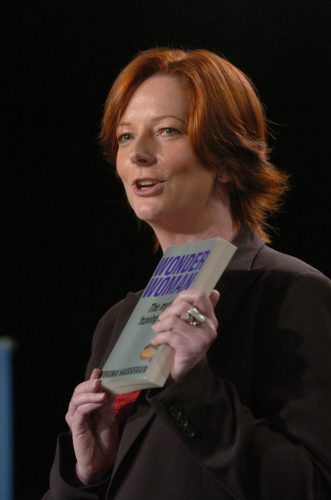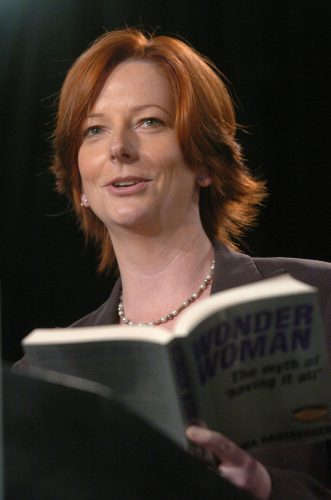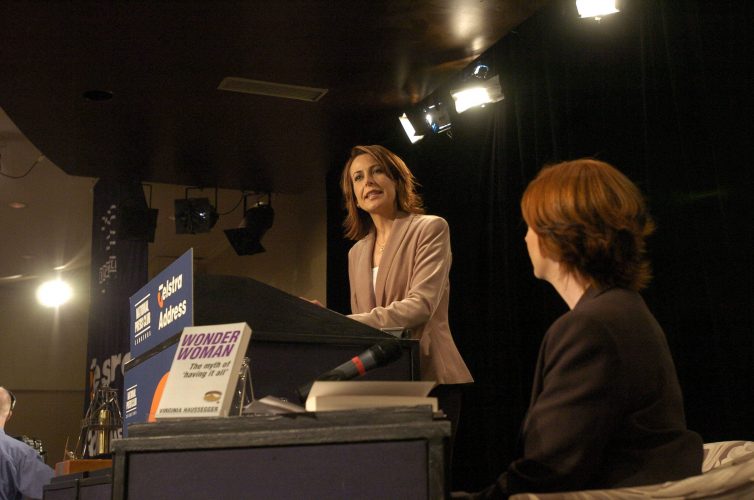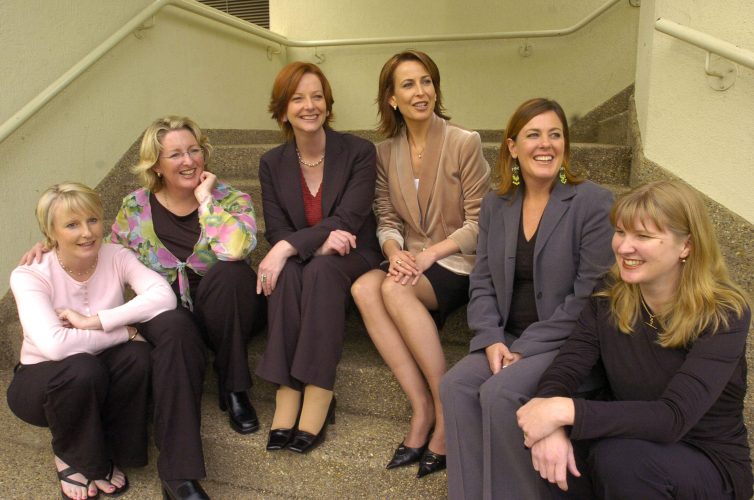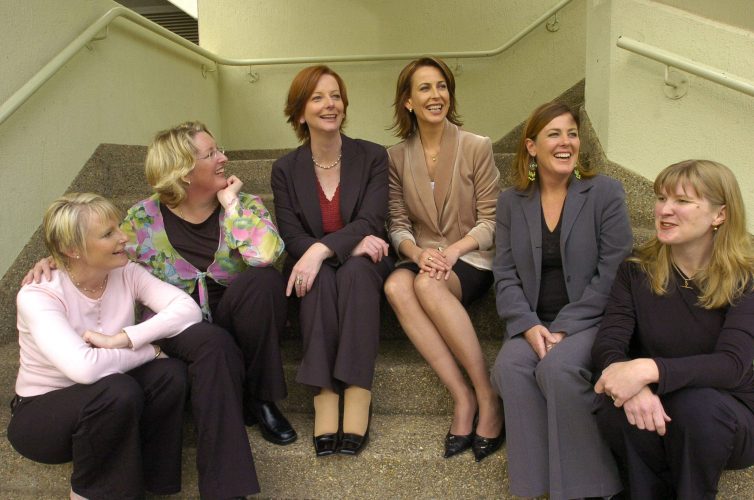There is a home I know that’s close to my heart. It is built on love and full of laughter. In that home live a mum, a dad, their six-year-old son, Max, and a cat called Stripy-dot- com. The mum and dad are both child-care workers with a passion for preschool education. Their home is a favourite place for gatherings, and fills with the noise of children – siblings, cousins, playmates. Every room rings out – except one. It’s kept quiet and tidy, ready and waiting for China Girl.Max’s naming policy may be a bit prosaic, but it has logic. Stripy-dot- com is so named by virtue of his stripes, and China Girl, because she’s coming from China and she’s a girl. But as Max explains it, no-one really knows who she is yet, what her real name will be, or when she’s coming. He’s been waiting for her since he was four. And perhaps a bit like the cat, Max is expecting to wake up one day and find China Girl sitting at the end of his bed, ready to play, just like Stripy-dot-com was.
For Max’s parents the two years spent anticipating the arrival of China Girl have been an emotional challenge. But they’re up for it. In fact, they’re anticipating it might take another year. However, every month that passes is an extra month to save. They’ve already taken out a substantial loan, but finding China Girl is proving to be a very expensive business.
For Madonna to find her Malawi Boy has no doubt been an expensive business, too. But if you were to believe the international press this week, the pop queen flew into one of the poorest and most disease- ridden countries on earth, slapped five million US greenbacks on the Customs counter, and then flew out with her newest ”celebrity purchase”, a black baby in tow – in his new nanny’s arms.
Actually the scenario was nothing like that, but that’s how many have portrayed Madonna and her husband Guy Ritchie’s adoption of 13-month-old David Banda. Outraged cries of, ”Who does she think she is?” have filled blogs, websites and news media all week. ”Why can’t she just wear a plastic wristband like every other moral poseur, instead of being photographed wearing a Malawian baby on her back in a native sling,” was one of the nasty shots fired from the The Times newspaper in Britain. The adoption has been called obscene, condescending and even revolting, and Madonna referred to as a ”slave trader wearing designer clothes”. Even the Italian Foreign Minister weighed in calling it kidnapping.
The outrage is partly fuelled by the actions of Malawi’s Human Rights Consultative Committee – a coalition of about 40 organisations – which plans to legally challenge the adoption. The committee’s chairman told reporters Madonna bypassed normal procedures and should have been made to live with the child in Malawi for 18-24 months before the adoption was approved. However, a local government official says that law is archaic.
The Malawi High Court has granted Madonna an interim order approving the adoption, under the condition that she and her family be monitored throughout the next 18 months. In other words, rather than sit still in a sub-Saharan African country for the next year and a half, Madonna has been allowed to take the child back home and begin the long process of integrating David into a new family and a new world.
And let’s face it – it’s a hell of a healthier world than the one he’s leaving. In a population of 13million, about 900,000 Malawi adults are living with AIDs, and one million children are orphans. Baby David’s mother died of childbirth complications and both his brothers died of malaria. His father, Yohane Banda, delivered David to the Home of Hope Orphanage because he was afraid the baby might also contract malaria and he couldn’t afford to buy him milk. Yohane can make no sense of the human rights groups who want to challenge the adoption, ”Where were these people when David was struggling in the orphanage?,” he asks. ”As father I have okayed this, I have no problem. The village has no problem. Who are they to cause trouble?” And David’s grandmother, Asianati Mwale has also lashed out at those who want the boy returned to Malawi: ”Where were they when I and my son were trying to get someone to look after this child?”
It’s a fair question. And for David’s father and grandmother, it’s a raw argument. Life for them is immeasurably tougher than any of us can fully comprehend. The life expectancy in Malawi is 42 and the median age is 16. Food is scarce, drought is dominant, disease is rife, education is a luxury, and there’s no such thing as an unemployment rate – because it’s a meaningless calculation in such an impoverished nation. The argument being put by some of the human rights groups who oppose Madonna’s so called celebrity adoption, is foolishly theoretical.
Sure it would be best for children to be adopted by people of their own nationality, and stay within their own country. Certainly inter- country adoption raises difficult issues of cultural identity for the adopted child, and no doubt there are many tough emotional roller coaster rides along the way. And yes, there is an undeniable smell of condescending Old World imperialism about all of this – which makes people like us feel guilty. But the fact is, a little boy has been given a new chance at a healthy and long life. How on earth can that be such a bad thing?
As an expression of thanks for the gift of her new son, Madonna has committed about $5million for a children’s centre to be built in the thick of some of Malawi’s poorest villages, in the Lilongwe district. The facility will cater for 4000 children and include a community hall and kitchen; a pre-school; a centre for older orphans; a widow and grandmothers block; and several play areas. The pop queen has also set up a fund raising organisation Raising Malawi and used the power of her celebrity to commandeer support and pledges of further money from a range of philanthropic groups.
Call it buying a baby if you like, but I call it a gift to children in need. Thank God someone is doing it.
When they finally get to meet China Girl, Max’s parents will also give a gift to the orphanage she’s leaving. It will be a little more modest than Madonna’s. Perhaps some toys, paintings and messages from the children at their child-care centre: a simple offering, but a gesture of unspeakable gratitude.
